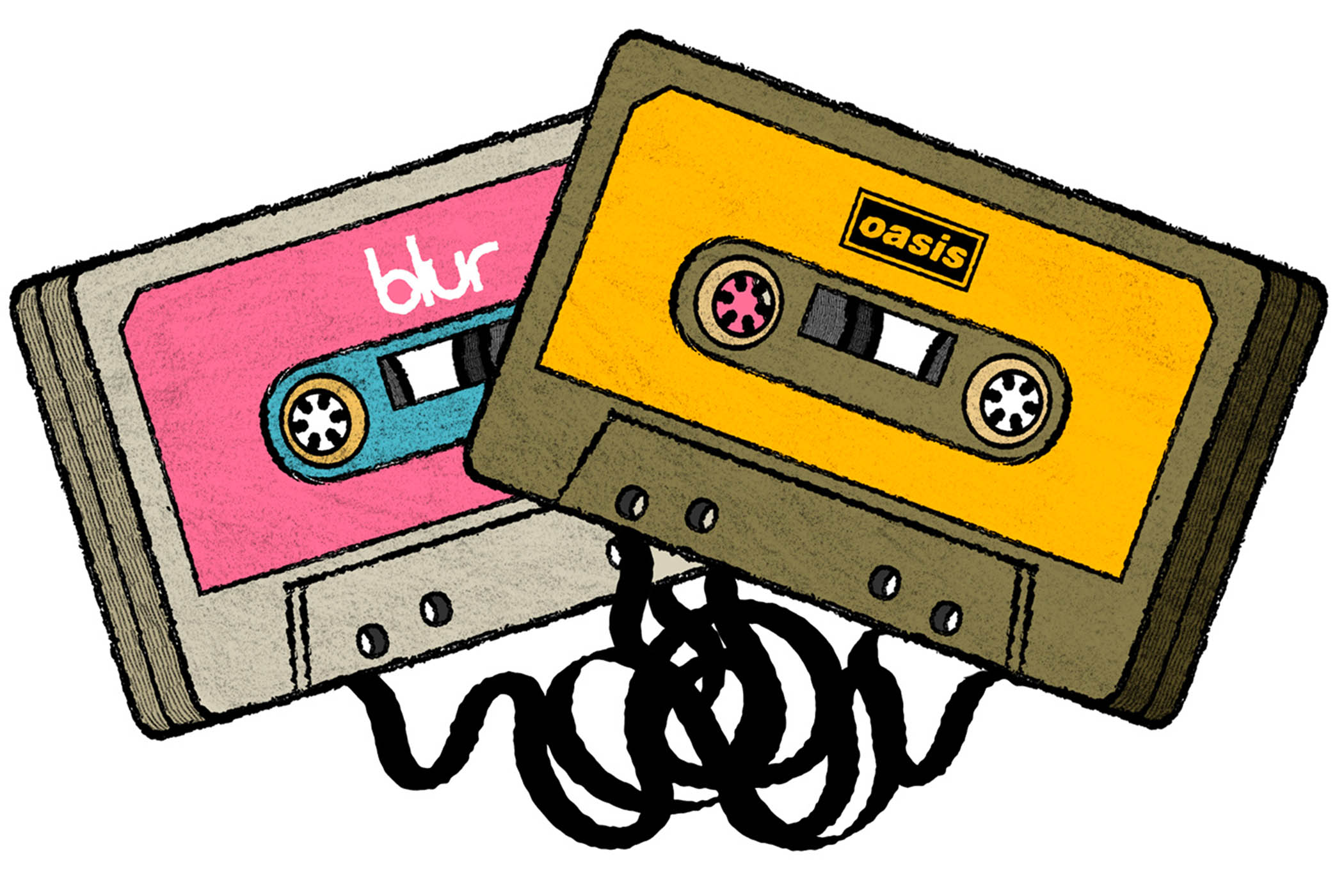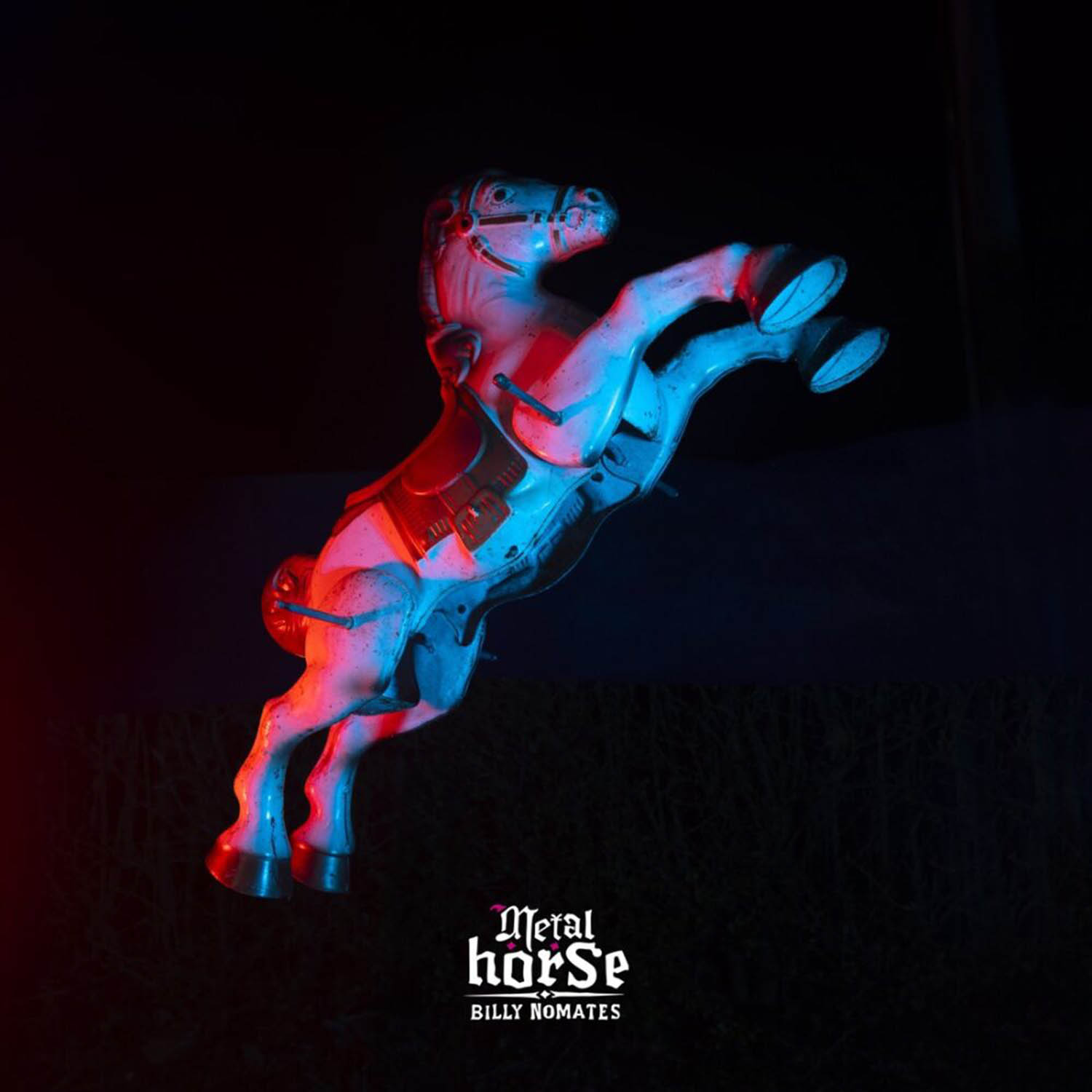
Billy Nomates
Metalhorse
(Invada)
Millennial women look set to be a formidable musical force this year. Alongside Self Esteem, who recently released the excellent A Complicated Woman, and Irish pop phenomenon CMAT (LP due August), Billy Nomates’s new album feels like an unignorable record about what it means to be in the world right now.
Since her second record, Cacti, Nomates – the vehicle of Tor Maries – has suffered online trolling for performing her brilliant songs to a backing tape, endured the death of her father and was hit with an MS diagnosis. On one level, the calliope-laced Metalhorse describes the music industry as a set of creaking rollercoaster rides. Channelling Tom Petty and early Eighties pop/rock, The Test boggles at all the halls of mirrors; the rev of a motorbike underlines the need to keep one’s nerve on “the wall of death”.
But this album embraces wider struggles. This is the first Billy Nomates outing recorded with a band, and these fuller sounds popcorn all over, from the acoustic ballad Strange Gift – about how the clocks don’t stop for death – to the bluesy piano-and-synth roll of Life’s Unfair. Plans, meanwhile, looks at the dystopian tech-scape with clear-eyed dread and concludes that love and escape are the way to go. Kitty Empire
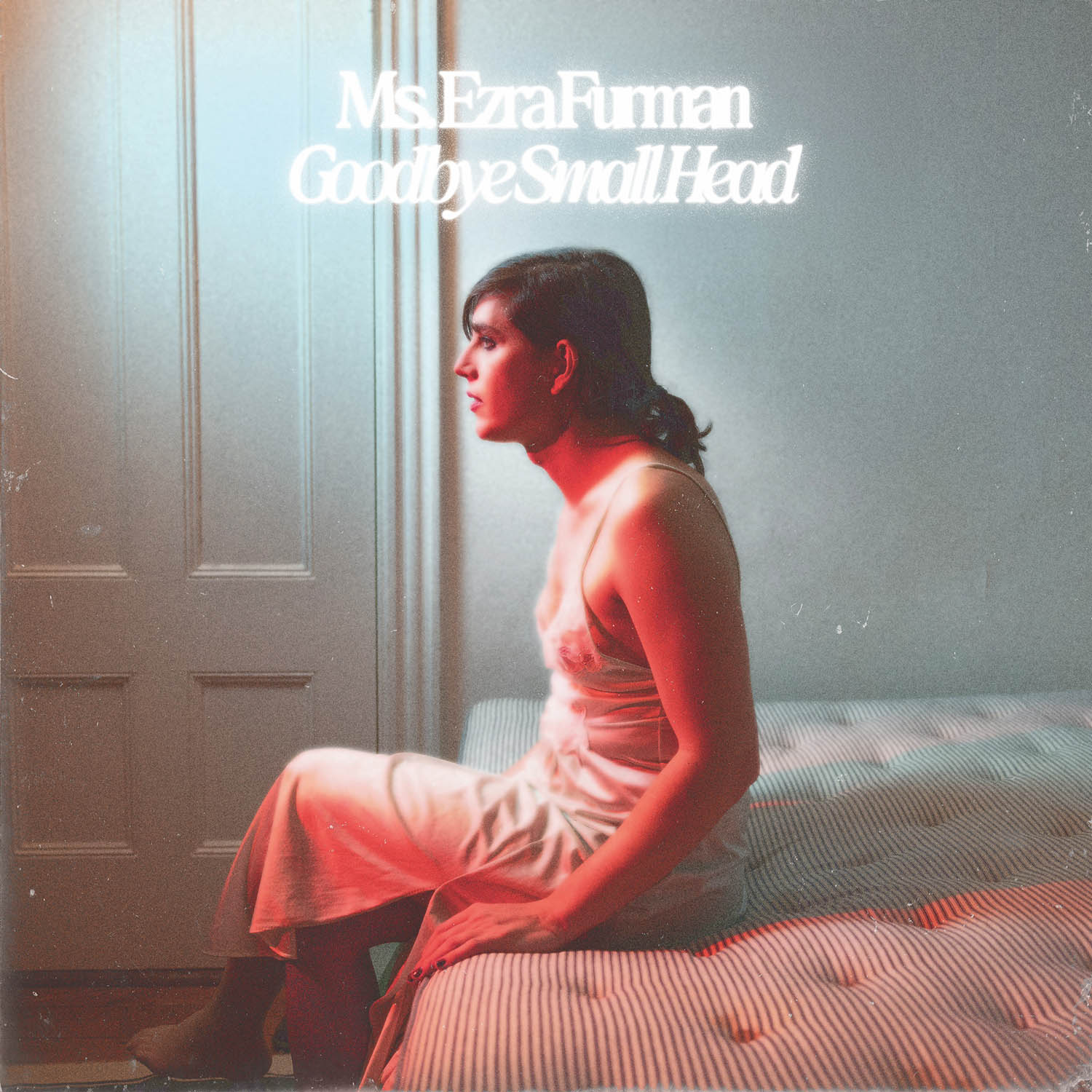
Ezra Furman
Goodbye Small Head
(Bella Union)
For her first album since being derailed by illness in 2023, Ezra Furman has taken a slightly more considered approach. Whereas the predominant sound of her recent albums had been always melodic but occasionally frantic punk, Goodbye Small Head finds her expanding her palette, with more elaborate orchestration and the discreet deployment of samples. Lyrically, there is also a change in direction, from – in Furman’s own words – “very first-person plural” sentiments to more personal reflections on individuals losing control of their lives.
The results are mixed. The affecting Power of the Moon comes across like the result of some unholy union between the Velvet Underground’s Rock & Roll and Big Audio Dynamite’s E=mc², replete with evocative lyrics about “kicking trash down the gutter of the boulevard of broken brains”. The mood of Jump Out, meanwhile, is barely suppressed panic, as Furman realises she is going to have to exit a moving vehicle, and a cover of Alex Walton’s I Need the Angel is suitably impassioned. The surfeit of ballads on the second half of the album are largely underwhelming, however. Phil Mongredien
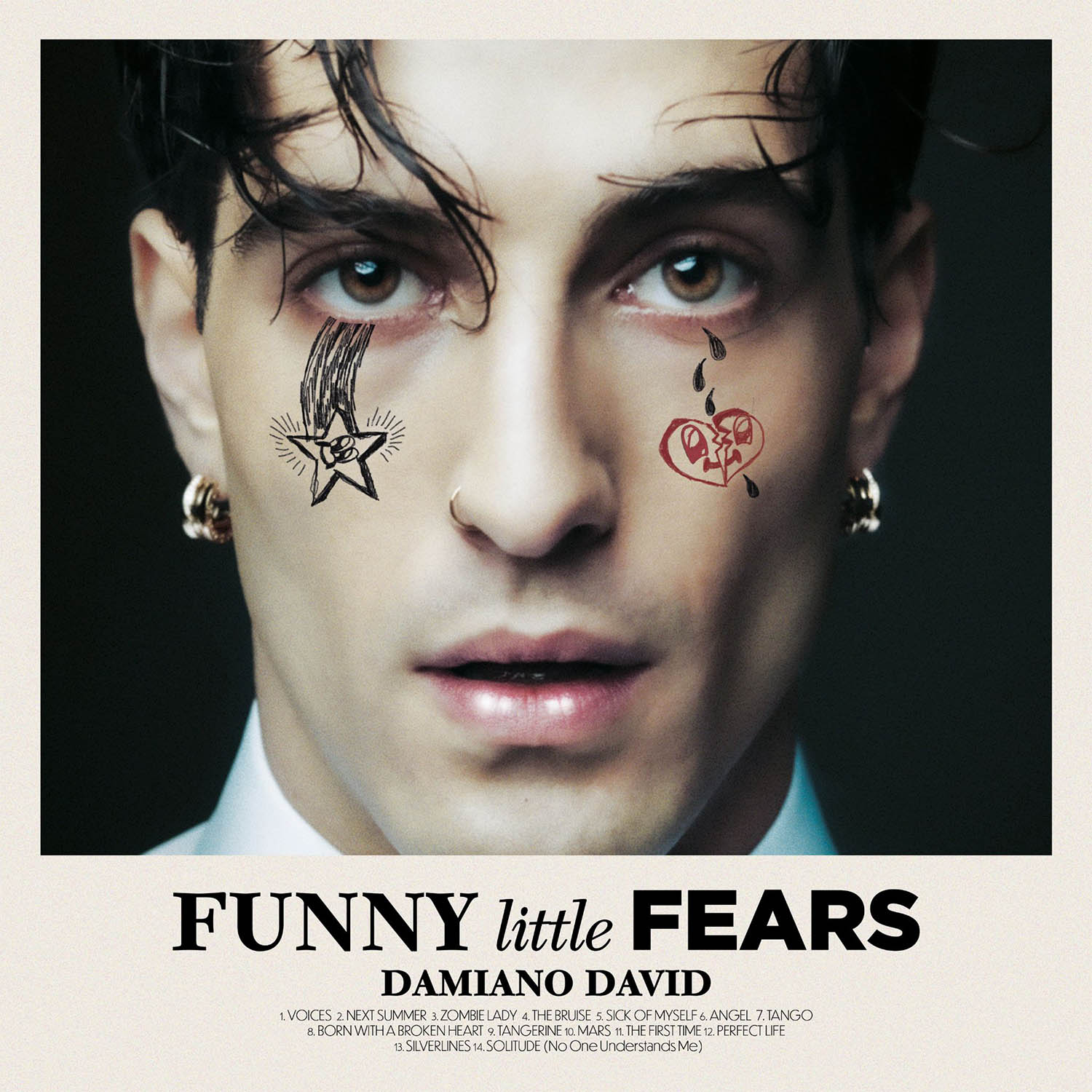
Damiano David
Funny Little Fears
(Sony)
Related articles:
One of the biggest rock groups globally right now, for gen Z at least, are Måneskin, winners of Eurovision 2021. The Italian band have more than 3 billion streams on Spotify, thanks in part to the brio of their swaggering leader, Damiano David, whose combination of old-school camp (his clothes come in two flavours: latex and leather) and new-school sensitivity (he’s an advocate for mental-health care, anti-racism and LGBTQ+ rights) makes him a perfect avatar for today.
David’s solo debut, Funny Little Fears, shows off his softer side, often oscillating between Harry Styles-esque vintage pop and twee, 2000s-ish indie-rock. Unlike Styles, whose clear desire to be taken seriously can result in maudlin music, David hasn’t shaken his chintzy origins, and that results in some appealingly Euro-coded pop melodies amid the (for a pop album) surprisingly real-sounding production. Zombie Lady is a dewy-eyed love song that trades in Abba-ish non sequiturs; Tango nods to Mr Blue Sky in its rhythm and rides a fiendishly catchy melody. David is less appealing as a balladeer – the sappily serious effect of tracks such as Silverlines and The Bruise quickly feels like quicksand, bogging down what could have been a charmingly light pop record. Shaad D’Souza
Newsletters
Choose the newsletters you want to receive
View more
For information about how The Observer protects your data, read our Privacy Policy
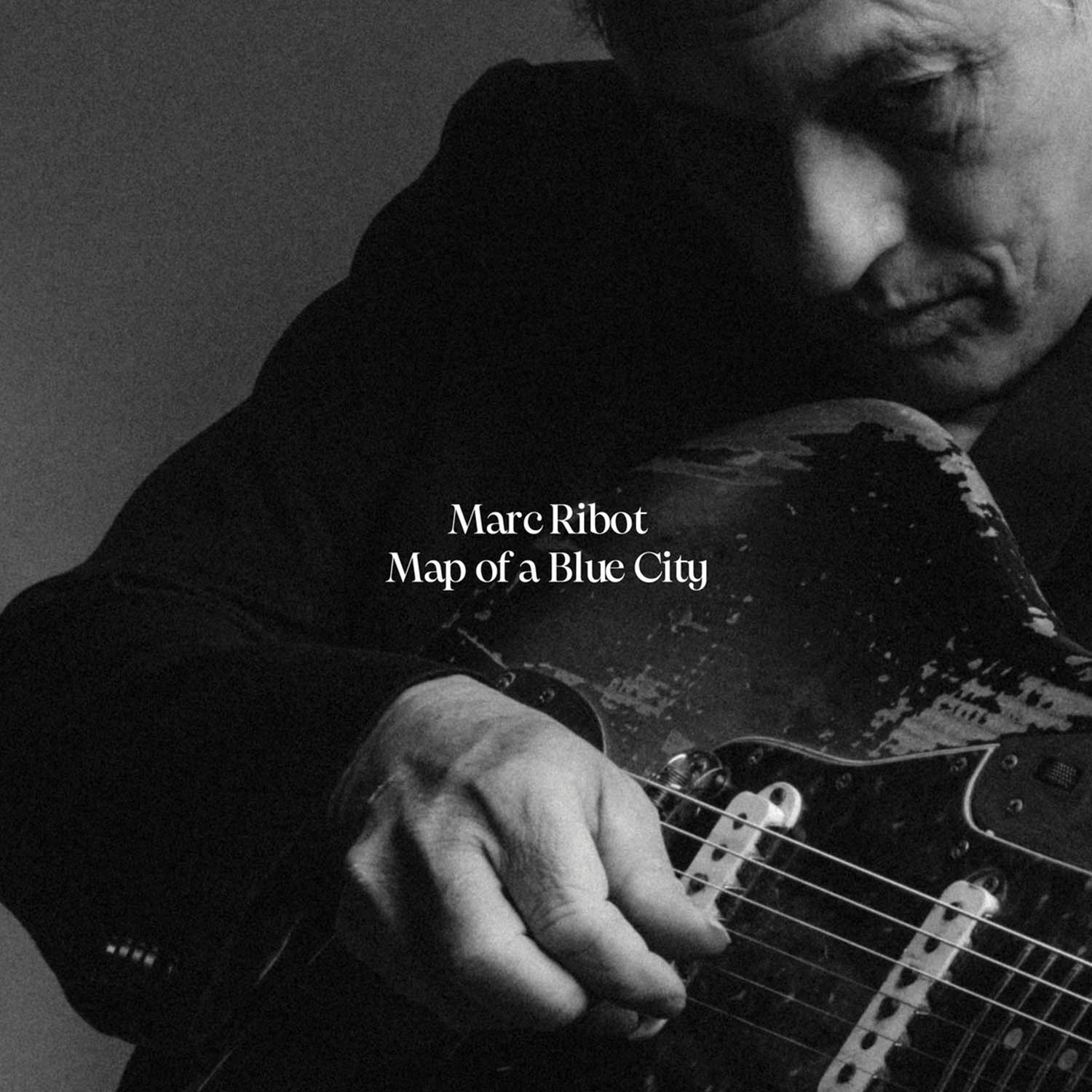
Marc Ribot
Map of a Blue City
(New West)
Even if you have never heard of Marc Ribot, you are likely to have heard his distinct, plangent guitar ringing from a celebrity record (Costello, Waits, Faithfull etc) or from a more esoteric, avant-garde project (with John Zorn or his own Ceramic Dog). Ribot’s singing has been scant by comparison, largely confined to his playful take on Latin traditions with The Prosthetic Cubans. On Map of a Blue City, songs and vocals take centre stage, though both struggle to make themselves heard, the atmosphere hushed, the guitar minimal, Ribot’s voice husky and faltering, as if struggling to admit the hard truths of the lyrics.
Several numbers have taken years to come to light, but at 70, Ribot is clearly ready to wrestle with a few demons. Opener Elizabeth sombrely confronts his father’s death, while For Celia is a reckoning with God when faced with maritime tragedy. Even a love call such as Say My Name has haunted, falsetto vocals. The bleakness continues with a racked version of the Carter Family’s When the World’s on Fire and Allen Ginsberg’s Sometime Jailhouse Blues with its lament for “the aimless toll of time”. The instrumental Optimism of the Spirit takes us out, a swirl of intricate ambient noise over a clatter of percussion. Classy, uneasy listening. Neil Spencer
One to watch: Miso Extra

The British Japanese singer-songwriter’s musings on food, appetite and desire run the gamut from glassy pop to psych-rap
One positive outcome of music’s move from analogue to digital is the increased prominence of female artists in electronic music. In the old days of gatekeepers they were too often treated as decorative curiosities. It’s easier now to get attention for your talent – even if it’s harder to make a living.
British-Japanese singer-songwriter Miso Extra has made her mark with a series of singles and EPs of sparky, genre-promiscuous tunes sashaying between glassy hyperpop, alt-R&B and psychy MF Doom-influenced rap. A pliable presence behind the mic, slipping in and out of her Japanese inner monologue, she delivers fabulously immediate, intimate vocals that sound like the coolest girl at school just woke up in a studio with a microphone tapped into her brain.
Miso’s new debut album, Earcandy, is a starbursting soundtrack to her baby blue and pink, aural-umami imaginary world, the “Misoverse”. She started writing and performing five years ago, acclaimed since for superbly idiosyncratic tracks such as 1013, with its offbeat, addictive accordion hook, 50/50’s zero gravity funk pop and the strutting Ghostly. Much of Miso’s musical and visual identity circles playfully around food, or ideas of taste, appetite and desire, and Earcandy is an always-pleasing attempt to figure out her complicated feelings about love. It also has one of the best uses of AI in music to datewith Playboi’s witty deconstruction of disobliging boys. Damien Morris
Earcandy is out now on Transgressive


